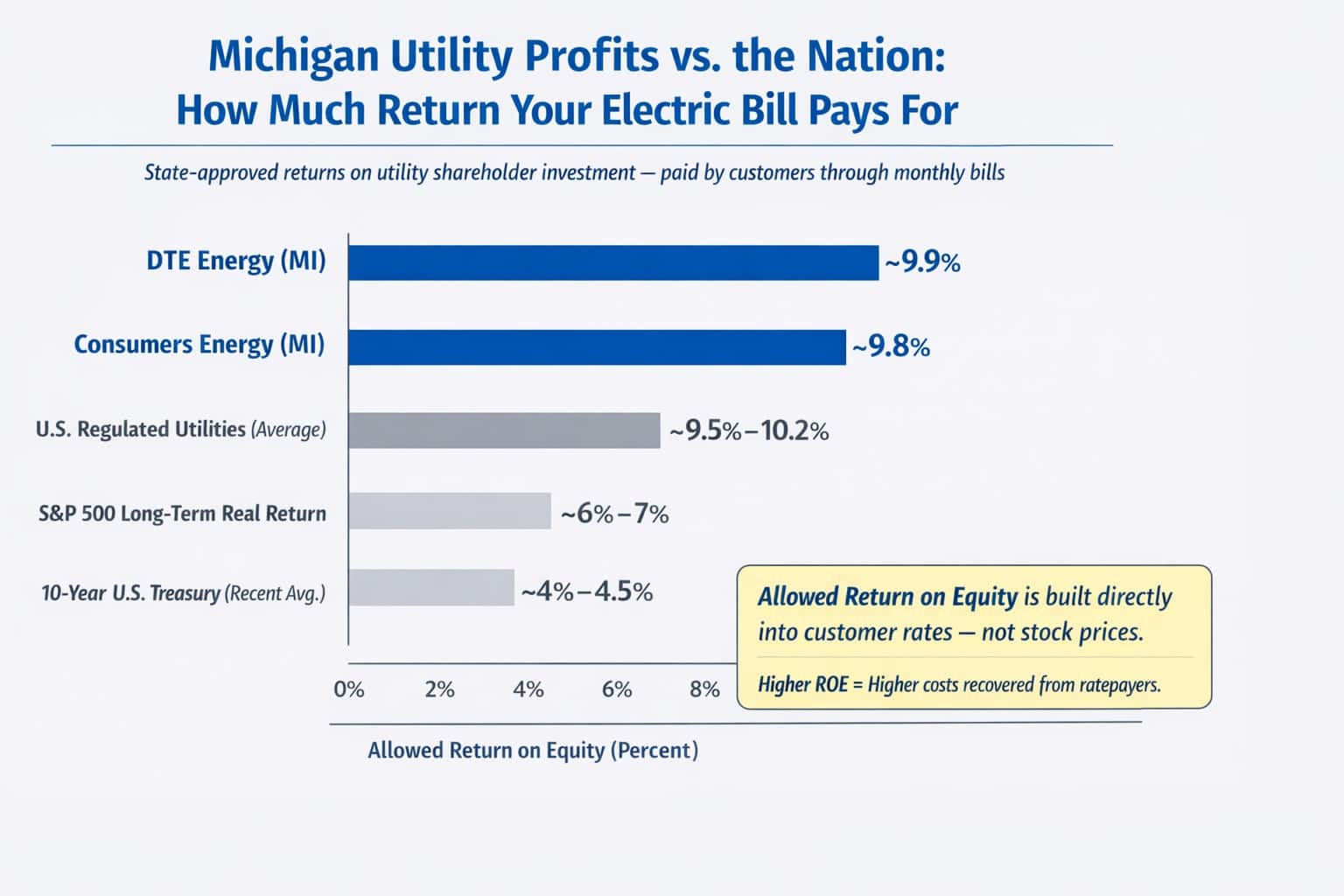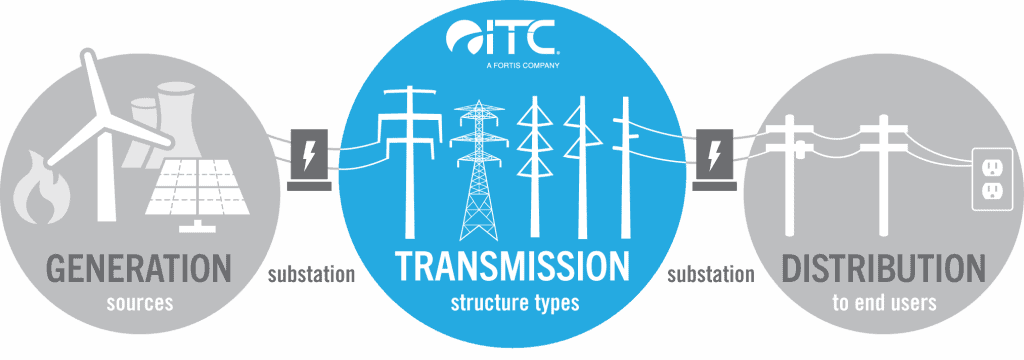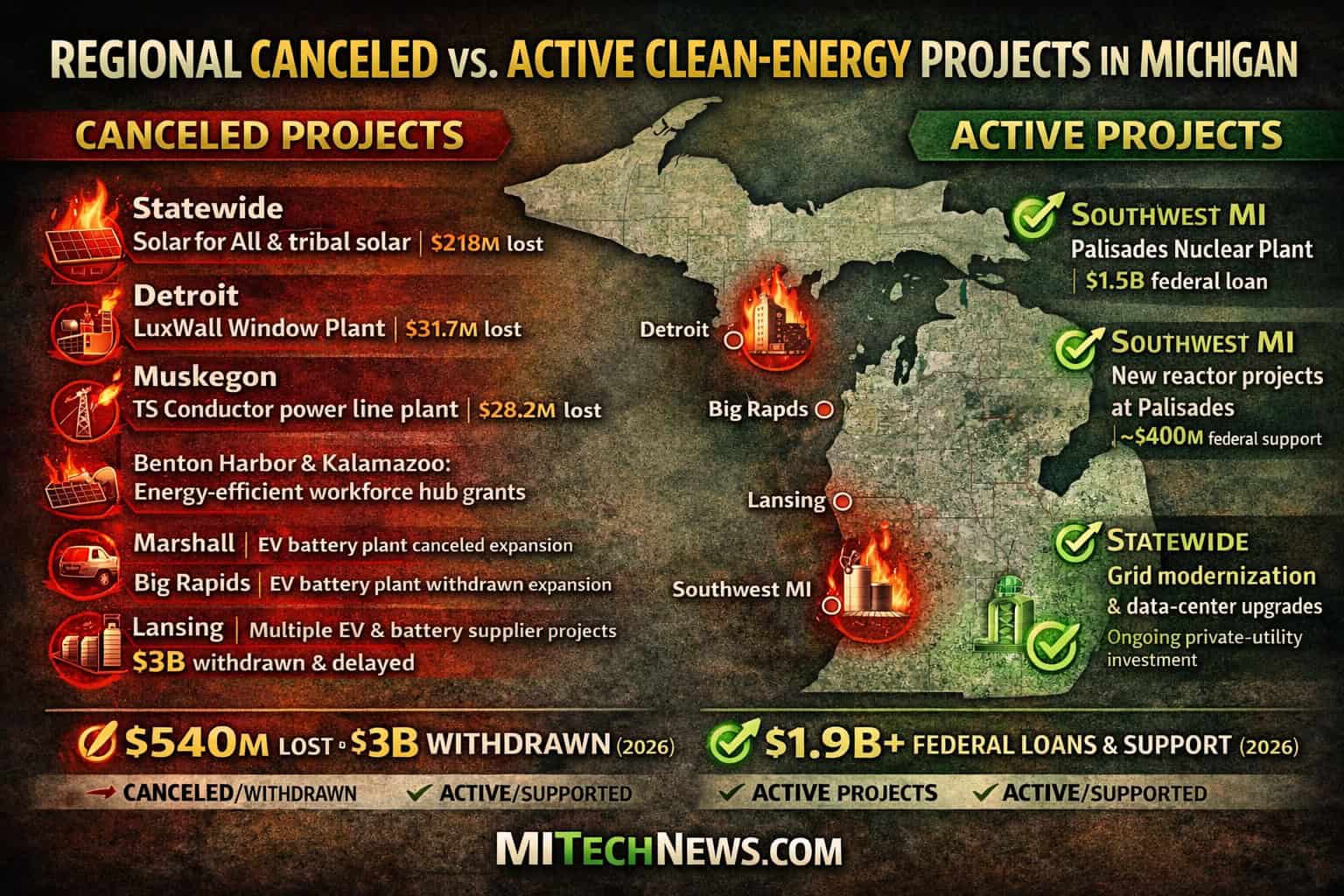LANSING – The Michigan Public Service Commission and the Michigan Energy Office on Tuesday released their draft report on electric choice, and unlike previous reports, this one was met with mixed reactions from those closest to the issue.
“While we welcome the release of this draft report – which rightly keeps this critical issue moving forward – the report appears to be lacking in the recognition of massive amounts of data driven research and analysis provided that support Electric Choice, competition and electric industry restructuring,” said Wayne Kuipers, executive director of Energy Choice Now, in a statement.
“It also appears the report relied too heavily upon utility talking points and ignored a wealth of data and information regarding the benefits of electric competition and customer choice,” Kuipers said. “In short: it needs more balance.”
The draft report is the culmination of input taken in public forums that occurred between February and April this year, held by the PSC and the Energy Office, in the wake of soon-to-sunset mandates laid out in the energy law overhaul, PA 286 of 2008. The commission has so far released a draft report on renewable energy and a miscellaneous topics draft report.
With regard to electric choice, the 2008 law provided that “no more than 10 percent of an electric utility’s average weather-adjusted retail sales for the preceding calendar year may take service from an alternative electric supplier at any time,” with one exception for an iron ore mining or processing facility to elect an alternative supplier of electricity. As a result, the state essentially has both a regulated and deregulated market commonly referred to as a hybrid structure.
Between 2001 and 2008, choice participation was not limited – or deregulated – and the level of choice participation ranged from 3 percent to 20 percent of utility load. Currently, five utilities experience active choice participation, and all but one are at the 10 percent choice cap that was implemented, the draft report said.
It also said that most states operate under full regulation and reported that an increase in the choice cap would reduce financial stability of utilities, and consequently investors’ willingness to make long-term investments such as those in new electric generation.
Cost seemed to be the issue most debated in the report. Even in a low natural gas price environment, electric rates are 30 percent higher on average in deregulated states than in regulated states, the report said. Historically, Michigan’s rates are usually about the same as the national average or above it. But that entirely deregulated time in which 100 percent choice existed, five of those years had a legislatively-mandated cap and rates rose sharply every year in the latter half of that time period (between 2005 and 2009).
“Additionally, the utilities report that the free option to switch to choice costs remaining utility customers approximately $300 million per year,” the report said, immediately after noting that other commenters said it is impossible to comprehend the full extent to which a customer has been burdened “due to the fact that there are very few policies to ensure pricing visibility in Michigan, and that Michigan electric bills have become unduly complex.”
Steve Transeth, policy director for the Michigan Jobs & Energy Coalition – whose members include big utilities such as DTE and Consumers Energy – said in a statement that the report presented a balance of both sides and revealed significant data “to show the clear trend has been away from deregulation,” he said.
“Why? Because it has failed where it has been tried,” Transeth said, noting that nine states – California, Virginia, Arkansas, New Mexico, Nevada, Arizona, Montana, Maryland, and New Jersey – that have enacted deregulation laws have either amended statutes, suspended their efforts or re-regulated.
The 26 electric choice questions posted to the state’s energy website garnered 114 responses. Public comment on the draft report can be made until 5 p.m. on November 1 via the energy website. The target date for the final electric choice report is November 20 and is subject to change, according to a statement by the PSC. The next report on energy efficiency is set to be released next week.
This story was provided by Gongwer News Service. To subscribe, click on Gongwer.Com






